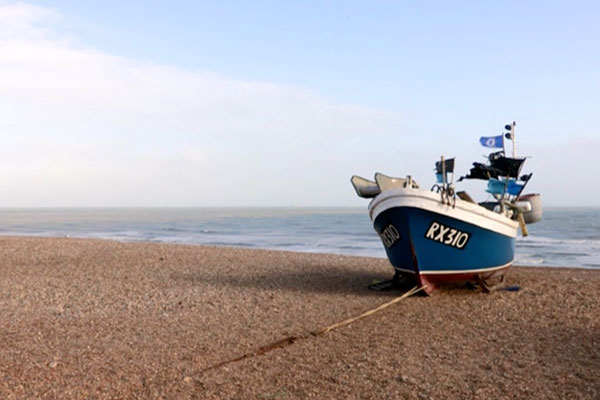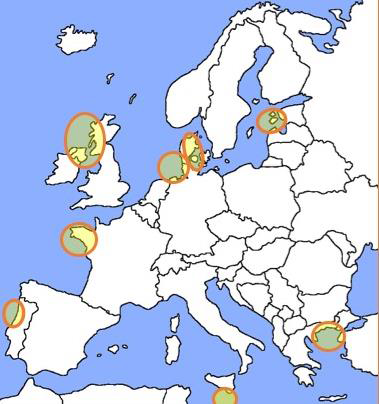PERICLES – Preserving and sustainably governing cultural heritage and landscapes in European coastal and maritime regions
Key York contacts
- Dr Jasper Kenter (Principal Investigator)
- Elaine Azzopardi
Principal and Co- Investigators
Principal Investigator
- Dr Jasper Kenter (Department of Environment and Geography)
Co-Investigators and Research Fellows
- Howard Cambridge (Stockholm Environment Institute York)
- Elaine Azzopardi (Department of Environment and Geography)
- Simone Martino (Department of Environment and Geography)
Principal funder
- European Commission Union's Horizon 2020 Research and Innovation Programme
External partners
- University of Aalborg
- The Queen’s University of Belfast
- University of the Highlands and Islands
- Scottish Association for Marine Science
- Wageningen University and Research
- Universite de Bretagne Occidentale
- University of Aveiro
- The Scottish Association for Marine Science
- National Heritage Board of Estonia
- Syndacat Mixte de Gestion du Parc Naturel Regional du Golfe du Morbihan
- Hellenic Fisheries Research Institute


